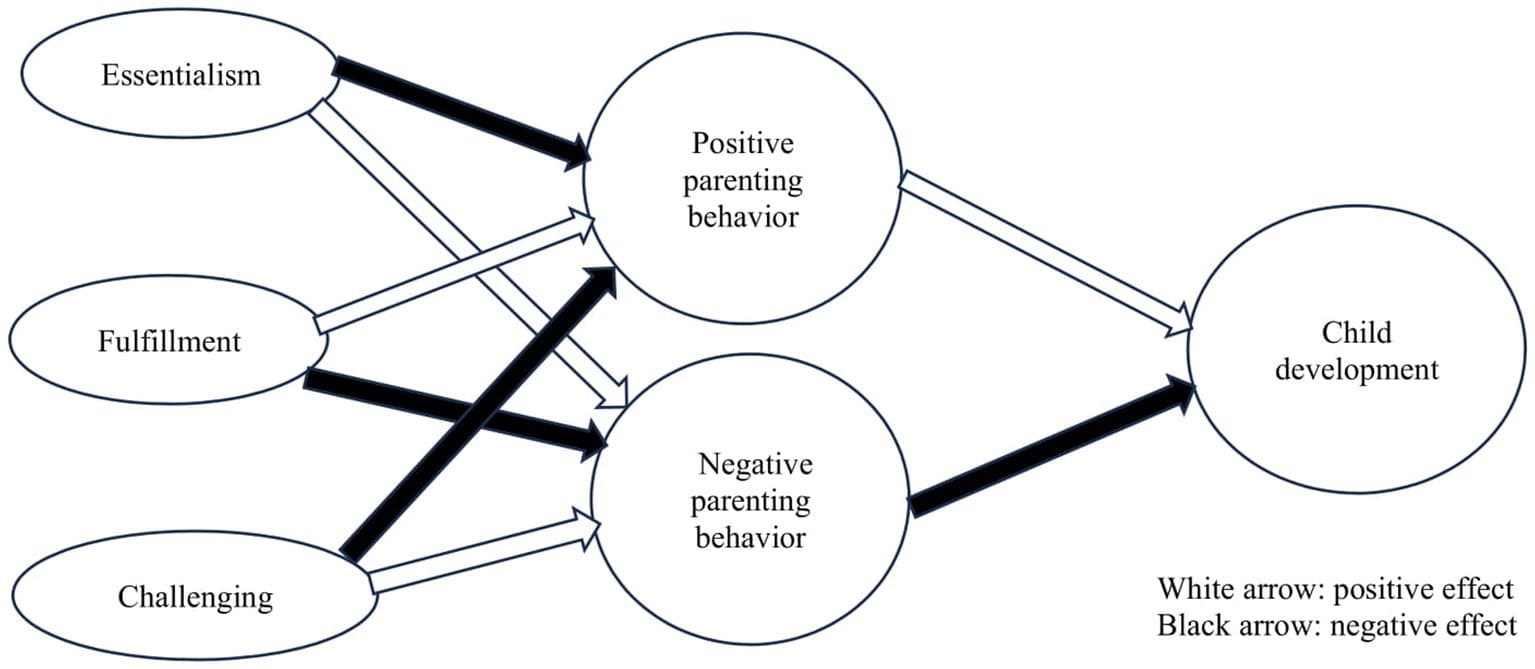Parental Time with Children Nearly Doubles Since 1960s Amidst Decline in Unsupervised Play

Parents in Western countries are dedicating significantly more time to their children today than five decades ago, a trend observed despite a notable decrease in the number of stay-at-home mothers. This shift reflects a profound change in parenting norms and childhood experiences, moving away from independent, community-based childrearing towards more intensive, supervised engagement.
Data indicates a substantial increase in direct parental involvement. Mothers, for instance, spent an average of 54 minutes per day on childcare activities in 1965, a figure that almost doubled to 104 minutes by 2012. Fathers' daily childcare time saw an even more dramatic rise, nearly quadrupling from 16 minutes to 59 minutes during the same period. This increased investment occurs even as maternal workforce participation has grown considerably.
This heightened parental presence coincides with a marked decline in unsupervised childhood activities and community-led childrearing. The traditional "free-range" childhood, characterized by children playing outdoors with minimal adult oversight, has largely diminished. As nicole ruiz questioned in a recent tweet, "I wonder if this points to decreases in childrearing community at large? neighbors & community to drop kids off w, unsupervised play, & extended family help w care?" This observation aligns with research showing a 25 percent drop in children's unstructured playtime between 1981 and 1997.
Several factors contribute to this transformation. Parental fears, particularly concerning "stranger danger" and traffic, have led to increased supervision, despite statistics indicating a decrease in child abduction rates. Concurrently, a growing emphasis on academic achievement and structured extracurricular activities has filled children's schedules, leaving less time for spontaneous play. The pervasive influence of technology and screen time also draws children indoors, further reducing opportunities for independent outdoor exploration.
The rise of "intensive parenting" ideology, where constant supervision and enrichment are seen as hallmarks of good parenting, has also played a role. Experts suggest this shift, while well-intentioned, may inadvertently hinder the development of crucial skills such as self-reliance, problem-solving, and emotional regulation, contributing to rising rates of anxiety and depression among young people. The evolving landscape of childhood reflects a complex interplay of societal anxieties, technological advancements, and changing family dynamics.